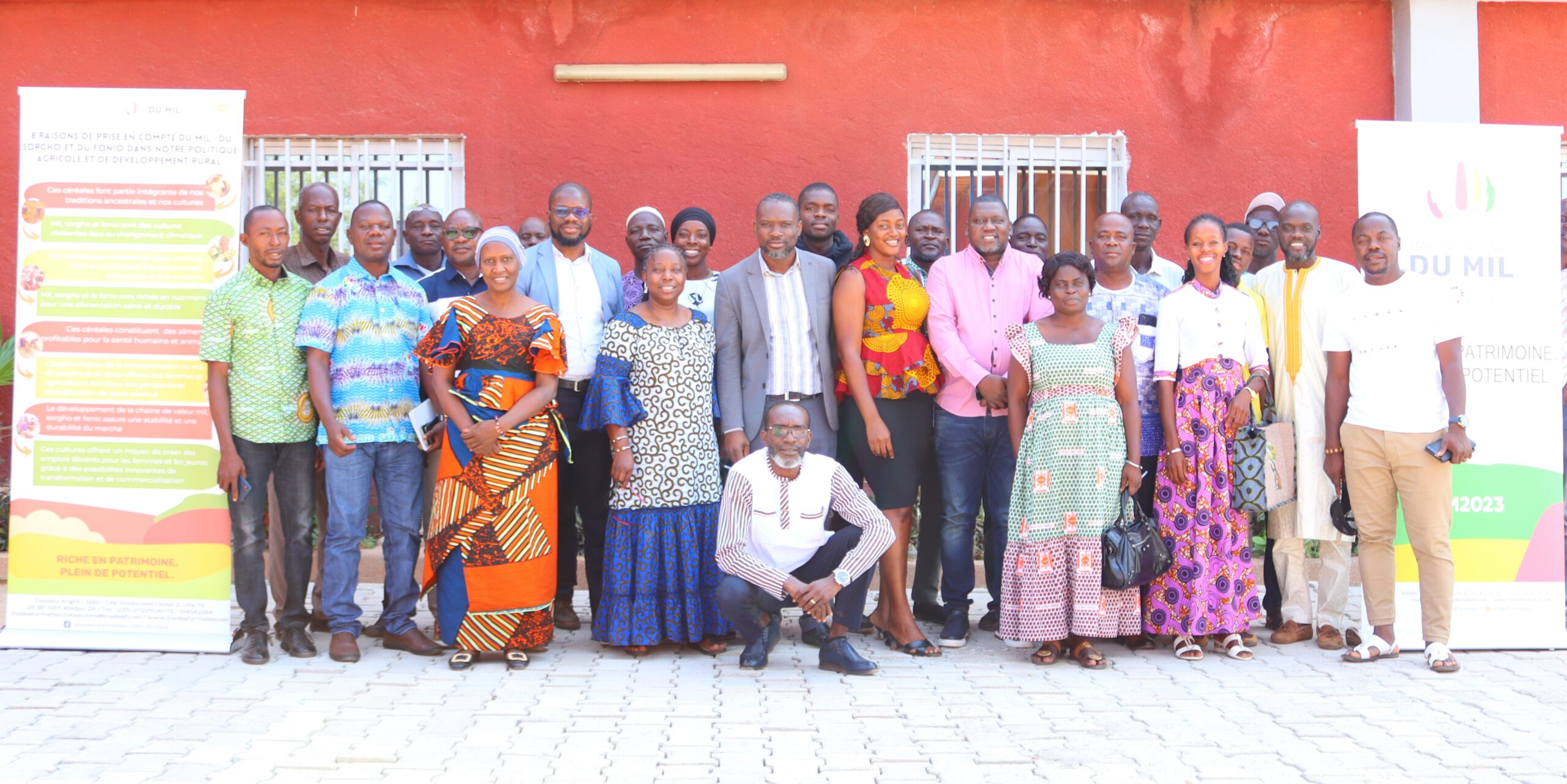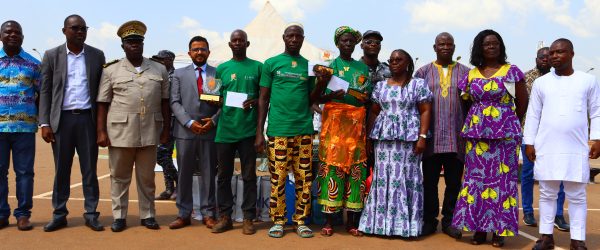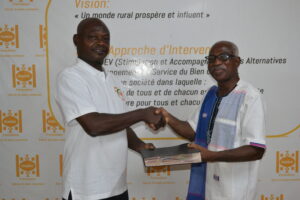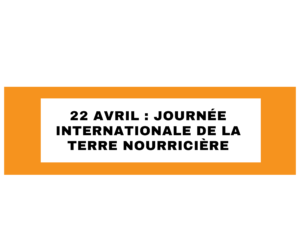Lancé le 26 octobre 2023 à l’auditorium du Firca à Abidjan, la célébration de l’année internationale du mil a connu son apothéose les 7 et 8 décembre 2023 à Ferkéssédougou.
L’objectif de cette célébration est de sensibiliser aux effets positifs de la consommation de mil sur la nutrition et la santé, encourageant ainsi une augmentation de la production. Un autre enjeu majeur est de souligner l’importance pour les autorités publiques et les responsables politiques d’intégrer le mil de manière significative dans le plan du développement agricole de la Côte d’Ivoire.
Cette cérémonie a été marquée par plusieurs activités dont la première, un atelier d’identification des contraintes majeures et de proposition de solutions pour le développement de la filière mil, sorgho et fonio en Côte d’Ivoire. Cette rencontre a enregistré la participation d’un représentant de l’ambassade de l’Inde en Côte d’Ivoire, le Directeur Régional du ministère d’Etat, ministère de l’agriculture, du développement rural et des productions vivrières, la Directrice de Inades-Formation Côte d’Ivoire, des transformateurs et des producteurs. Cette rencontre a permis d’identifier les différents problèmes qui freinent le développement de cette filière mais aussi de proposer des pistes de solutions. 67000 tonnes de mil par an pour une demande nationale de 120000 tonnes. Une production en dessous des besoins nationaux. La culture du mil fait face à des contraintes importantes qui sont de divers ordres notamment la production, la transformation, la consommation et la recherche. Le manque de semences, la pénibilité du travail dans le processus post récolte et de transformation sont entre autre quelques difficultés mis en avant au cours de cet atelier. Il a donc été recommandé comme piste de solution la mise en place de semencier et la mécanisation du processus de post récolte et de transformation. Il faut aussi mettre en place des organisations de producteurs de mil, sorgho et fonio.

Après cet atelier, l’après-midi du jeudi 7 décembre 2023 a été consacrée à un tournoi de football (Maracana) qui a opposé deux équipes féminines et quatre équipes masculines issu des clubs et quartiers de la commune à la place ADO de la ville. L’équipe féminine de Zindel remporte le trophée chez les filles et celle de Lanviara FC chez les hommes.
La cérémonie de clôture de la célébration de l’année internationale du mil (AIM) 2023
Le vendredi 8 décembre, près de 500 personnes se sont réunies à la place ADO à Ferkessédougou pour la cérémonie de clôture de l’AIM 2023. Plusieurs personnalités y ont également pris part notamment le Chancelier de l’Ambassade de l’Inde en Côte d’Ivoire, le Secrétaire Général de la Préfecture de Ferkessédougou, le Directeur Régional du ministère d’Etat, ministère de l’agriculture, du développement rural et des productions vivrières, la représentante du ministère de la femme, de la famille et de l’enfant, la directrice d’ Inades -Formation Côte d’Ivoire, le représentant de la direction régionale du ministère de l’environnement et de la transition écologique, les chefs traditionnels et plusieurs producteurs et productrices.
Cette cérémonie a été marquée par les allocutions de la Directrice d’Inades-Formation Côte d’Ivoire, du Directeur régional de l’agriculture, du Chancelier de l’ambassade de l’Inde en Côte d’Ivoire et celle du Secrétaire Général de la Préfecture de Ferkessédougou. Ces allocutions ont dans l’ensemble fait l’apologie de la culture du mil, du sorgho et du fonio qui constitue un aliment sain avec plein de vertu et potentialité.
Cette tribune a été une occasion supplémentaire pour chaque intervenant d’inviter les populations à produire et à consommer ces spéculations. Aux décideurs, il a été demandé la prise en compte officielle de ces cultures dans les plans de développement de l’agriculture en Côte d’Ivoire. Aussi le chancelier de l’ambassade de l’Inde en Côte d’Ivoire s’est félicité de la célébration de l’année internationale du mil, une initiative de la république de l’Inde. Son pays s’engage donc à accompagner la Côte d’Ivoire dans la promotion et le développement de cette filière. Le mot de clôture de cette célébration a été dit par le Secrétaire Général de la Préfecture de Ferkessédougou. Il a exprimé toute sa reconnaissance à Indes –Formation Côte d’Ivoire pour ses actions en faveur des populations rurales et pour la promotion des cultures locales. Il s’est aussi félicité du choix porté sur son département pour la célébration de l’année internationale du mil.
Cette cérémonie a été également marquée par les remises de récompenses aux meilleurs producteurs/productrices, cuisinières de mets à base de mil, sorgho et fonio. Les équipes victorieuses du mini tournoi organisé la veille ont également réceptionné leurs trophées.
Il faut dire que pendant le temps de la cérémonie, une caravane sillonnait la commune de Ferkessédougou pour partager le message de la promotion et la consommation du mil, du sorgho et du fonio.
Rappelons que l’année internationale du mil a été décrétée par l’Assemblée générale des nations unies par la résolution A/RES/75/263 du 03 mars 2021 sous l’impulsion de de la république de l’Inde.










